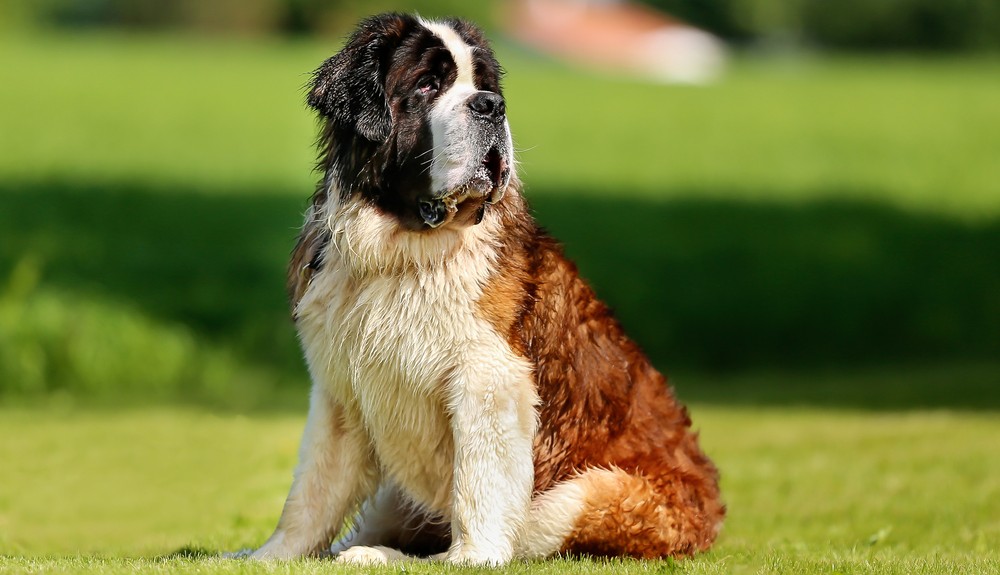Turkey necks for dogs have gained popularity as a chew and part of a raw diet. Many pet owners choose to feed them as a treat, but before you do, it’s important to understand the pros, cons, and safety considerations. In this article, we’ll delve into the world of turkey necks for dogs and provide you with the information you need to make an informed decision for your furry friend.
What Are Turkey Necks?
Turkey necks are the entire neck of a turkey, excluding the head, skin, and crop. They consist of the spine, trachea, muscle, and connective tissue. Turkey necks are larger than duck and chicken necks, making them better suited for medium to giant breed dogs. They can measure up to 10-12 inches in length.
Provenance
Turkey meat production across the EU is primarily dominated by the UK, Germany, France, Italy, and Poland. When purchasing turkey necks, look for farms that follow high standards of animal welfare and have received accreditations from organizations like the RSPCA, Red Tractor, and the Soil Association. These accreditations ensure that the products meet strict farming and animal welfare standards.
Preparation
There are two main types of turkey necks available for dogs: dehydrated and raw. Dehydrated turkey necks are slowly air-dried, while raw turkey necks can be purchased fresh or frozen. It’s important to note that raw turkey necks should only be fed raw and never cooked, as cooking increases the risk of bones shattering and causing serious injury to your dog.
Benefits of Turkey Necks for Dogs
Cleans Teeth
Chewing on turkey necks may help reduce plaque and tartar, although there is currently no scientific evidence to support this claim. Nonetheless, chewing on something hard can be beneficial for your dog’s dental health. However, keep in mind that turkey necks should not replace routine dental care and regular check-ups with a veterinarian.
Mental Enrichment
Chewing is a natural behavior for dogs and provides mental stimulation. Giving your dog an appropriate item to chew on can help prevent them from chewing on inappropriate objects and alleviate boredom and stress. Turkey necks generally last for around 20-30 minutes, providing an enjoyable, engaging activity for your pup.
Joint Health
Turkey necks contain cartilage and connective tissue, which are rich in chondroitin and glucosamine. These substances are known to support joint health in dogs with osteoarthritis. However, it’s important to note that the quantities of chondroitin and glucosamine in turkey necks are not well-established, and dogs with joint issues should receive a proper diagnosis and treatment plan from a veterinarian.
Nutritional Information for Turkey Necks
Turkey necks are high in protein, which is essential for muscle development, healthy skin and coat, and the production of hormones and enzymes. They are also relatively high in fat, providing a source of energy and essential fatty acids. Turkey necks contain calcium, phosphorus, B vitamins, iron, copper, selenium, zinc, and other trace minerals. However, it’s important to remember that the nutritional composition may vary slightly between products and batches.
Downsides & Risks of Turkey Necks for Dogs
Bacterial Contamination
Raw meat and bones, including turkey necks, may be contaminated with harmful bacteria such as Salmonella and E. coli. This poses a risk to both dogs and humans, especially those with underlying health issues or compromised immune systems. It’s crucial to follow strict food hygiene practices and consider alternatives if you or your dog are at a higher risk of bacterial infection.
Choking
Turkey necks contain small pieces of bone that can pose a choking hazard, especially if swallowed whole or swallowed by dogs that gulp their food. Supervision is essential to ensure safe chewing and reduce the risk of choking. Additionally, choosing the right size chew for your dog’s breed is important to minimize the choking risk.
Constipation and Obstruction
Poorly digested bone fragments from turkey necks can cause constipation and, in severe cases, obstruction in the intestines. It’s crucial to monitor your dog’s digestion and seek veterinary assistance if any issues arise.
Avoid If…
Avoid feeding turkey necks to your dog if they are overweight, have underlying health conditions like pancreatitis or allergies to turkey products. Always consult with your veterinarian before making any dietary changes or introducing new treats.
Alternatives to Turkey Necks
If turkey necks are not suitable for your dog, there are alternatives to consider:
- Chicken necks: Similar to turkey necks but smaller in size, making them suitable for small breed dogs.
- Dental chews: The Veterinary Oral Health Council (VOHC) has a list of approved products that help reduce plaque and tartar.
- Bully sticks: These treats provide mental stimulation and enrichment but should be fed occasionally due to their high calorie content.
Frequently Asked Questions
Q: Can I give my dog turkey necks every day?
A: Turkey necks should be given as an occasional treat to avoid unwanted weight gain. Feeding one dehydrated turkey neck 1 to 2 times a week is sufficient for a medium-sized dog. Turkey necks should not replace a complete and balanced diet.
Q: Are turkey necks suitable for all dogs?
A: Turkey necks are better suited to medium, large, or giant breed dogs. It’s important to consider your dog’s size and chewing habits when choosing treats.
Q: Can puppies eat turkey necks?
A: Puppies can eat turkey necks as part of a balanced diet. However, it’s important to supervise them closely and choose appropriately sized necks to prevent choking hazards.
Conclusion
Turkey necks can be a beneficial and enjoyable treat for dogs, providing dental health benefits, mental stimulation, and potential joint support. However, it’s crucial to consider the risks and individual needs of your dog before introducing turkey necks into their diet. Always consult with your veterinarian for personalized advice and recommendations. Remember, the well-being of your furry friend is a priority, and choosing the right treats is an essential part of keeping them happy and healthy.
